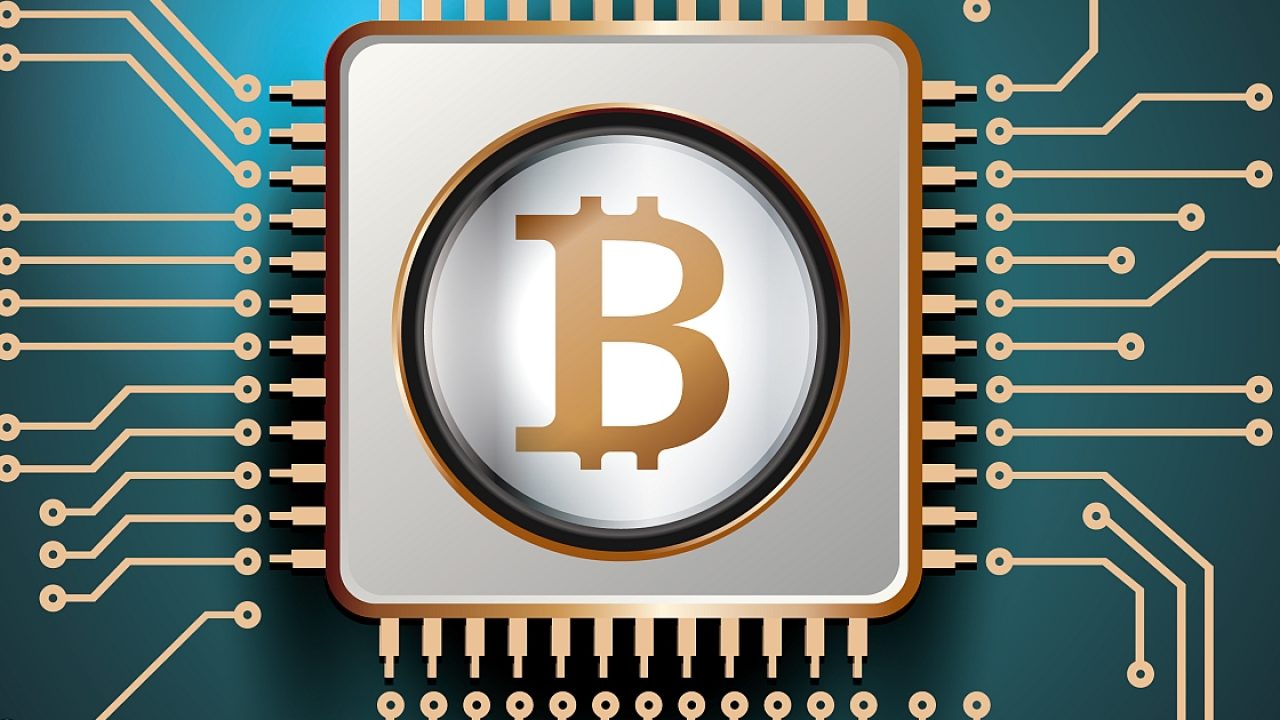Bitcoin, often likened to digital gold, stands as a disruptive force in finance, transcending its role as a mere digital currency. It serves as a formidable instrument for individual empowerment and the propagation of democratic principles. This article delves into the depths of this subject, unraveling how Bitcoin’s decentralized framework is reshaping the financial realm and endowing individuals worldwide with newfound capabilities. Similar to how BTC us empowering individuals, Immediate Momentum is empowering traders by connecting them with top investment education firms in the game.
Table of Contents
Understanding Decentralization
To comprehend the significance of Bitcoin’s decentralization, it is crucial to first define the concept. In the context of cryptocurrencies, decentralization means that the control and operation of the network are distributed among a vast number of participants, rather than being concentrated in the hands of a single entity or institution. This stands in stark contrast to traditional financial systems, which are typically centralized, controlled by banks and government authorities.
Historically, centralized financial systems have been susceptible to corruption, manipulation, and discrimination. These systems have often left the marginalized and underserved populations at a disadvantage. In contrast, the decentralized nature of Bitcoin eliminates the need for intermediaries, thereby reducing the potential for manipulation and discrimination.
Bitcoin’s Decentralized Architecture
Bitcoin’s decentralized architecture is the backbone of its empowerment potential. At its core, Bitcoin operates on a blockchain, a distributed ledger that records all transactions across a network of computers. Miners, who validate and add transactions to the blockchain, play a crucial role in maintaining the network’s integrity. Nodes, on the other hand, serve as validators and ensure the network’s security.
In a decentralized network like Bitcoin, there is no single point of control or failure. This resilience makes it highly resistant to censorship and external control. Traditional financial institutions, which rely on centralized databases and intermediaries, are far more vulnerable to security breaches and regulatory interference.
Financial Inclusion and Accessibility
One of Bitcoin’s most significant contributions to empowerment is its potential to include the unbanked and underbanked populations in the global economy. According to the World Bank, approximately 1.7 billion adults worldwide remain unbanked, lacking access to basic financial services. Bitcoin’s borderless nature and accessibility via the internet allow individuals in remote or underserved regions to participate in the global financial system.
Moreover, Bitcoin facilitates cross-border transactions and remittances at a fraction of the cost and time it takes using traditional methods. Migrant workers, who often rely on expensive remittance services, can now send funds back to their families with reduced fees and greater efficiency.
Empowering Individual Ownership
Bitcoin’s unique feature of self-custody empowers individuals to have full control over their financial assets. Users are provided with private keys, which are cryptographic keys that grant access to their Bitcoin holdings. This self-custody model eliminates the need for trusting third parties with one’s assets, reducing the risk of asset confiscation or theft.
This level of individual ownership is especially valuable in regions with unstable governments or oppressive regimes. Bitcoin serves as a means for individuals to store and transfer wealth discreetly, protecting their financial autonomy.
Democratizing Financial Services
Decentralized finance (DeFi) is a groundbreaking development within the Bitcoin and blockchain ecosystem. DeFi platforms provide a wide range of financial services, including lending, borrowing, trading, and earning interest, all without relying on traditional financial intermediaries. This democratizes access to financial services, as anyone with an internet connection can participate.
Peer-to-peer lending and borrowing, a cornerstone of DeFi, allow individuals to access capital or earn interest on their assets without going through banks or credit institutions. Decentralized exchanges enable users to trade assets directly with one another, reducing the need for centralized exchanges that may have strict regulations or fees.
Challenges and Criticisms
While Bitcoin offers numerous benefits, it also faces challenges and criticisms. Scalability issues have led to slow transaction processing times and increased fees during periods of high demand. Additionally, concerns about the environmental impact of Bitcoin mining have arisen due to its energy-intensive proof-of-work consensus mechanism.
Regulatory challenges persist, with governments worldwide grappling with how to classify and regulate cryptocurrencies. Security risks, including the potential for fraud and hacking, remain a concern in the decentralized ecosystem.
Future Possibilities
Despite these challenges, the future of Bitcoin and blockchain technology holds immense promise. Bitcoin’s potential to disrupt traditional banking and finance is gaining recognition among institutions and governments. Some countries are exploring the integration of Bitcoin and blockchain into their financial systems, recognizing the efficiency and security benefits.
Furthermore, the evolution of decentralized governance mechanisms and decision-making processes is an exciting prospect. The ability to participate in the decision-making processes of a decentralized network empowers users and aligns with democratic ideals.
Conclusion
In conclusion, Bitcoin’s decentralized nature empowers individuals by providing financial inclusion, accessibility, and ownership. It democratizes financial services through DeFi, despite facing scalability, environmental, and regulatory challenges. The future holds the promise of Bitcoin’s integration into mainstream finance and the continued evolution of decentralized governance. As we navigate this transformative era in finance, it is essential to embrace the potential for empowerment and to responsibly explore the possibilities that Bitcoin and blockchain technology offer to individuals and society as a whole.






